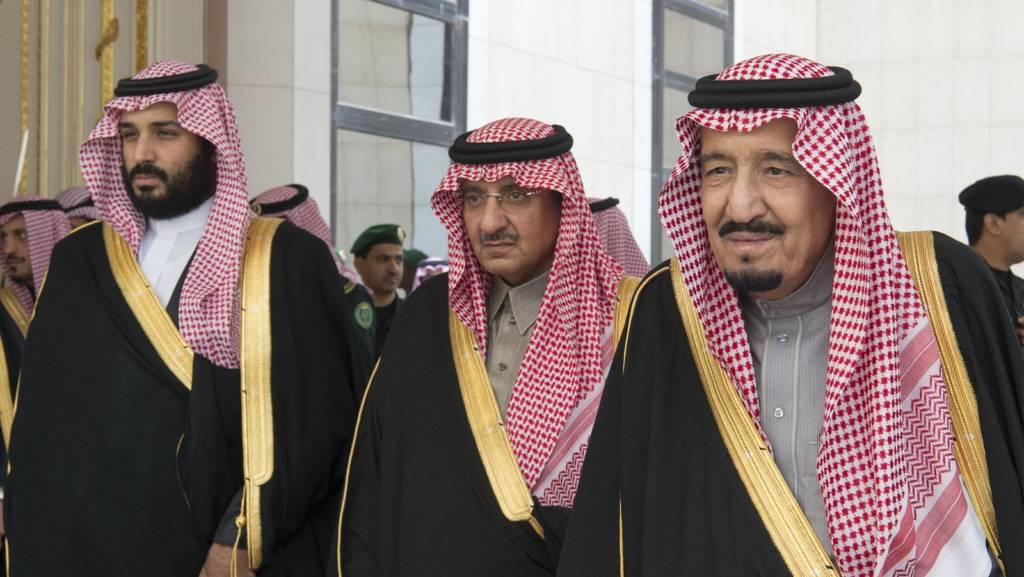Mohammed Bin Salman, the 35-year-old crown prince and de facto ruler of Saudi Arabia, is an ambitious but pragmatic man. He came to power in June 2017 at the age of 31 by staging a coup against an older Muhammad bin Nayef and then carried out a purge of rivals. By 2018, he established himself as the unquestioned ruler of the desert kingdom.
Before appointing himself as crown prince, MBS was defence minister of the kingdom since January 2015 and continued with the status even after the elevation in the hierarchy. MBS’s major area of interest is foreign relations where he carried out drastic changes with the latest major shift being stepped towards normalization of relations with Israel.
In the last few months, many smaller Arab countries like UAE and Bahrain have normalized the relations with Israel (probably with an ascent from the Kingdom), but, the leader of the Arabs, Saudi Arabia, is yet to decide. As per a report by the Wall Street Journal, the royal family is divided over ‘future ties’ with Israel.
MBS, who is pragmatic and carries a little ideological burden, wants to normalize the relations with Israel because it will bring enormous business opportunities. Moreover, it will bring the Arab countries, Israel, and the United States together against the common enemy-Iran. However, one must not forget that Saudi Arabia is essentially an ideological state that, too, Islamic fundamentalist one.
So, by taking steps towards normalization of relations with Israel, MBS has created many new enemies externally and internally. His father, the son of the founder of the kingdom Al Saud, King Salman, is against the ties with Israel. Almost all the people of the second generation of Saudi Arabia are against this deal. But people from the younger generation like MBS, who are more pragmatic and business-minded than ideological, want to normalize the relations.
The dissidents of MBS see this as the last chance to his ascension to the Saudi throne. Due to falling oil prices, the economy is under strain and the government has increased VAT as well as ended the purse to the government employees on whose loyalty the authoritarian regime rules the country. So, MBS has won many admirers in foreign countries but also has made many enemies in his country in the last three years.
At such a precarious time, there is every chance of an uprising spilling into a full-blown civil war as it presents a fertile ground for the dissidents of the regime and MBS. While the Saudi monarchy is too strong to be uprooted but an uprising would severely hamper the prospects of MBS ascending to the throne.
However, if MBS survives this ideological opposition from ‘old guards’ of the Kingdom, he would not only change the course of history and foreign relations in the Middle East but might also end up modernizing the part of the world which is still living in 600 AD.
In 2018, MBS stunned Islamic zealots all across the world by declaring that Israel had a right to exist, which indicated his willingness to recognize the Jewish state and explore possible bilateral diplomatic ties. Saudi Arabia has never formally recognised Israel’s right to exist, long maintaining that Israel must withdraw from Arab lands captured in 1967.
MBS led Saudi Arabia is shocking the world with its embracement of new age reforms and modernism, thanks to the growing cooperation between US President Donald Trump and Saudi Crown prince Mohammed bin Salman. And, if MBS survives the ongoing tussle with the Old Guard (which includes his father and incumbent king, Salman), we might see a very changed Saudi Arabia which will look like as outlined in MBS’s vision 2030.
